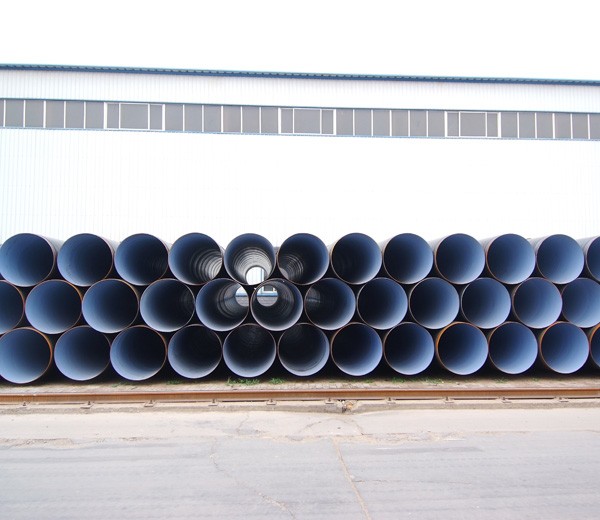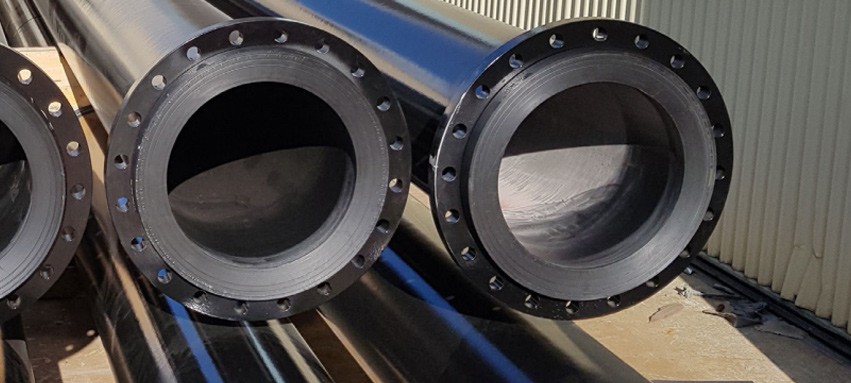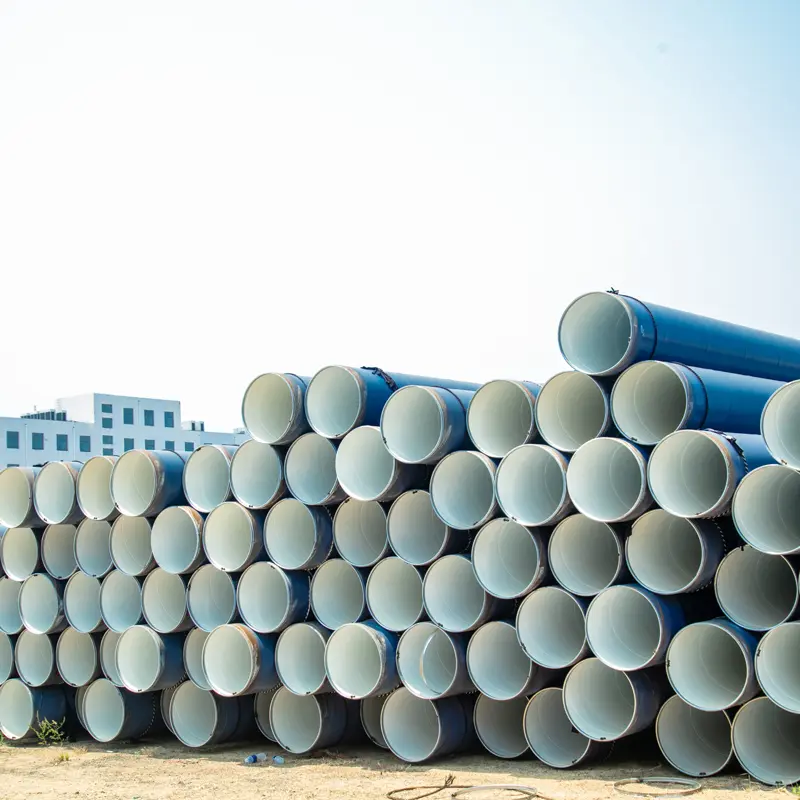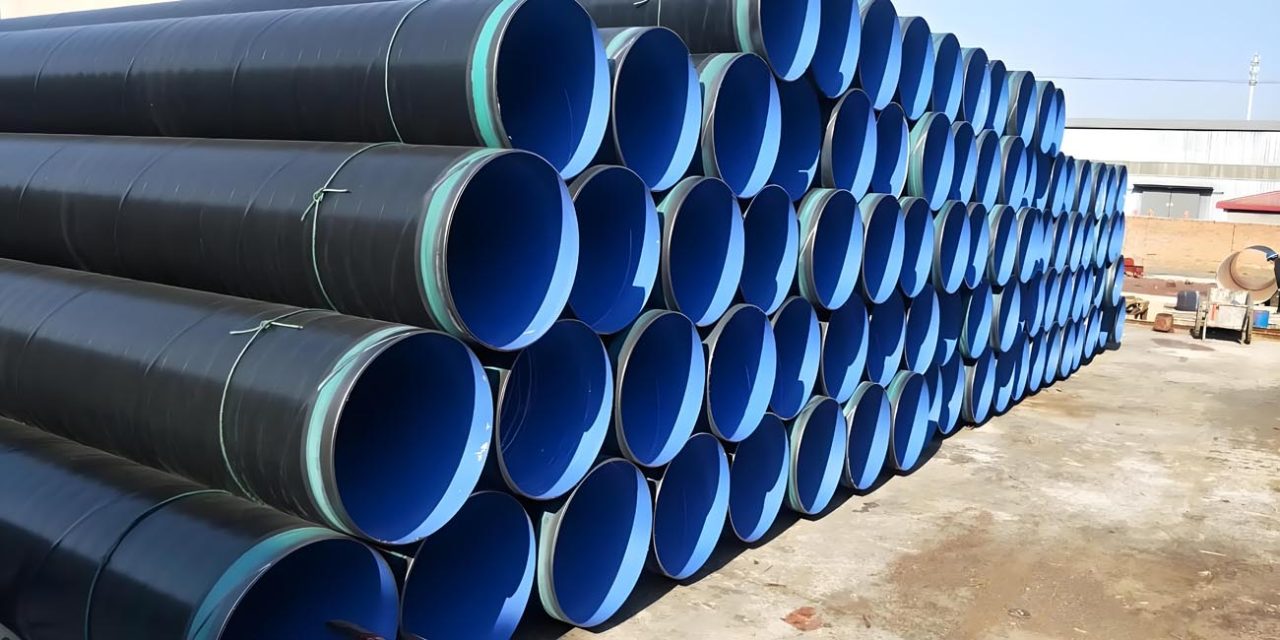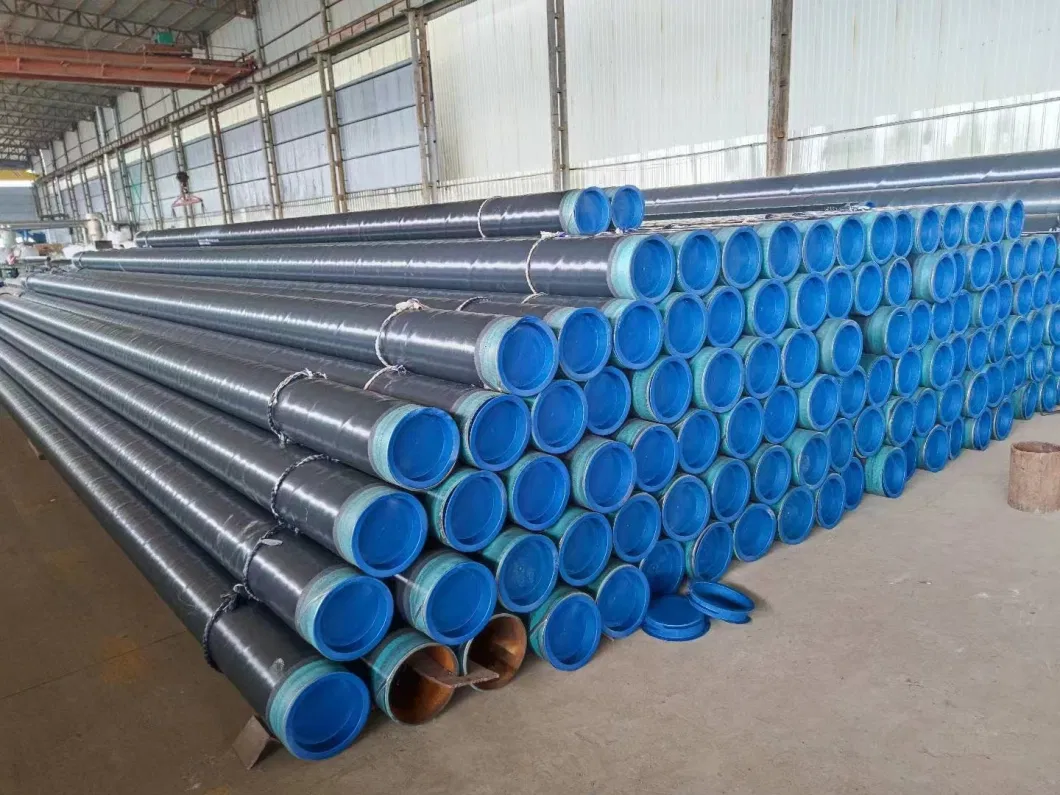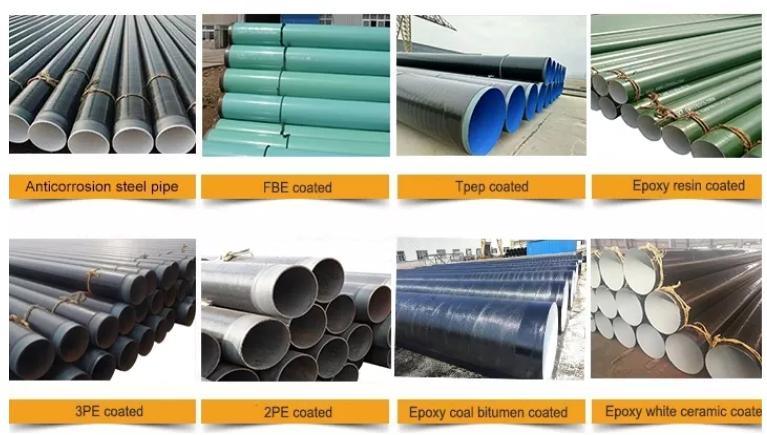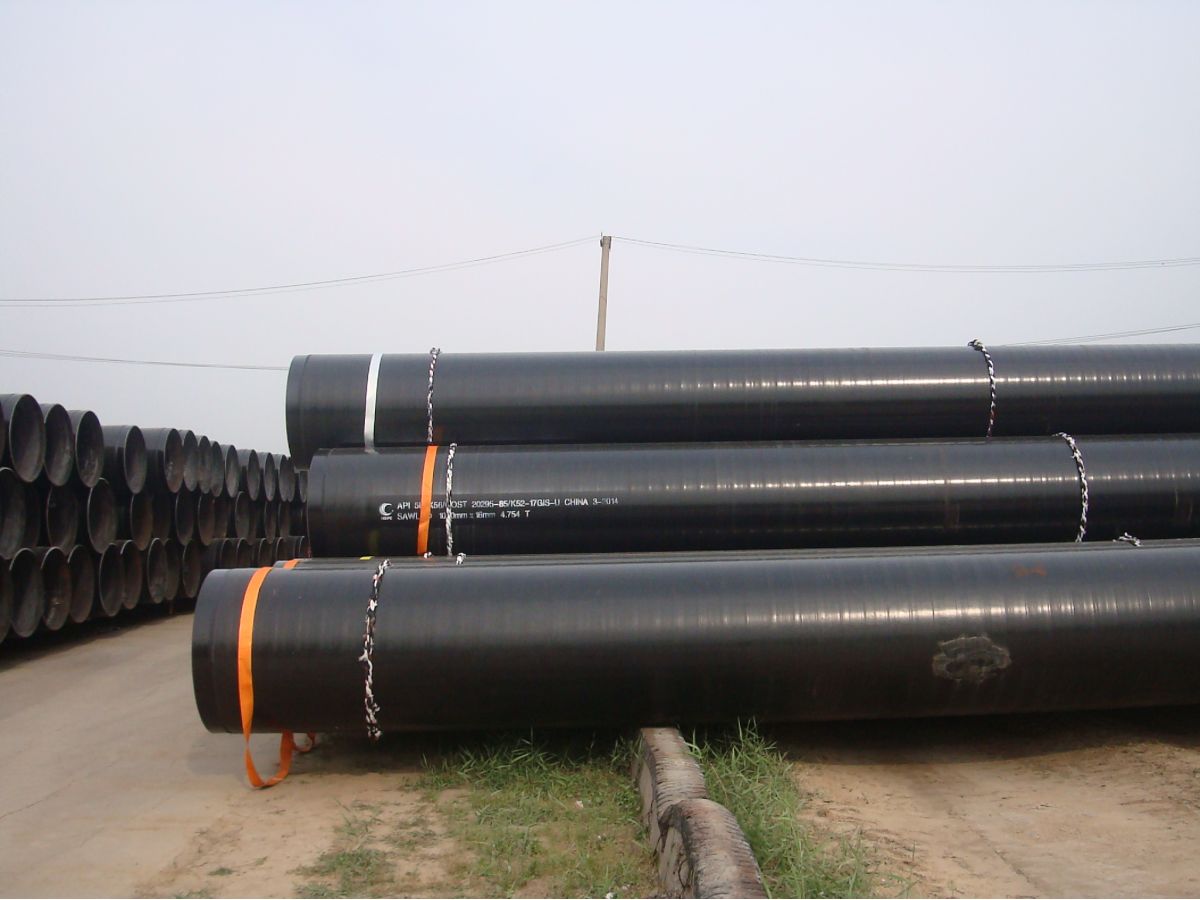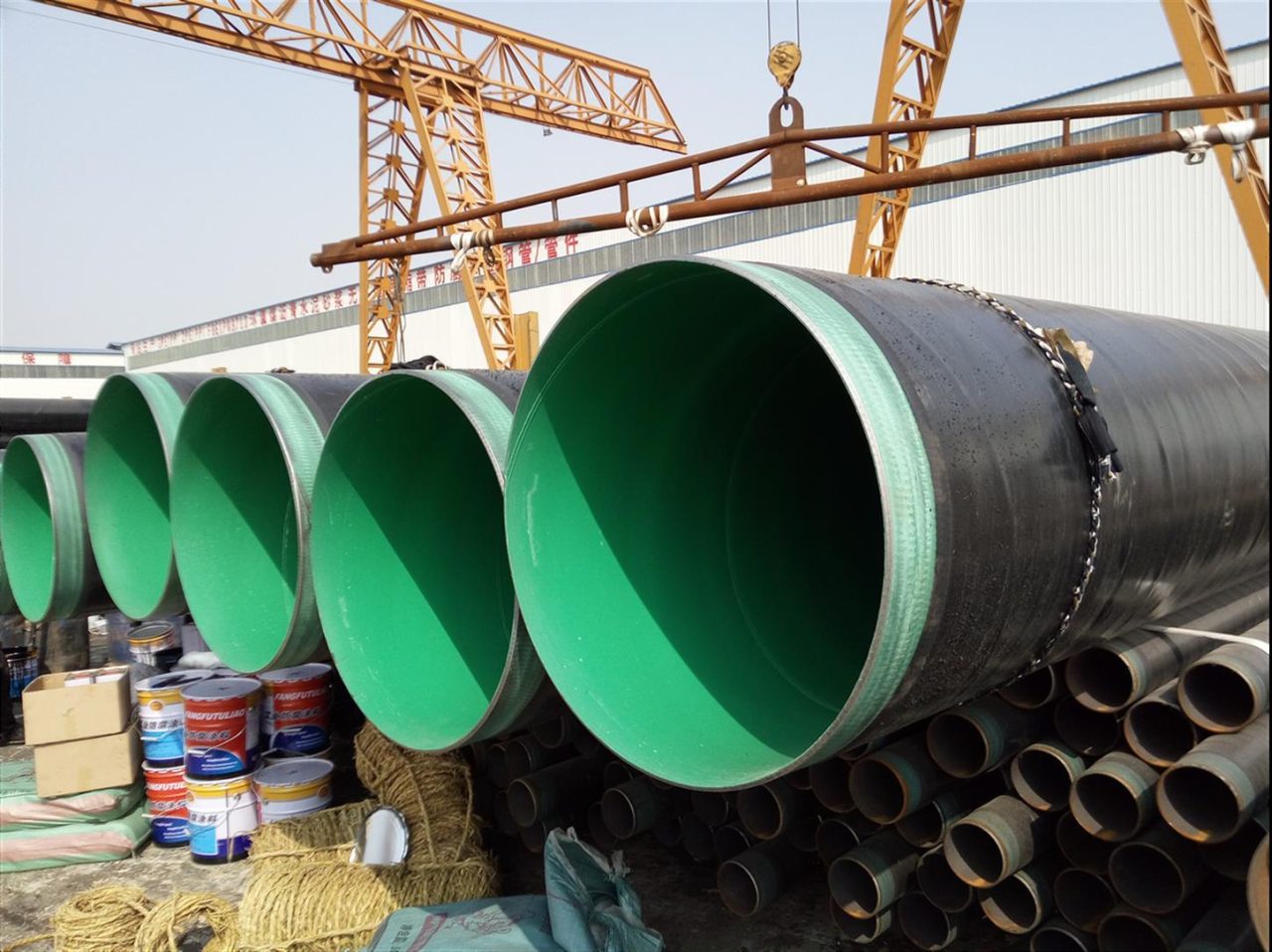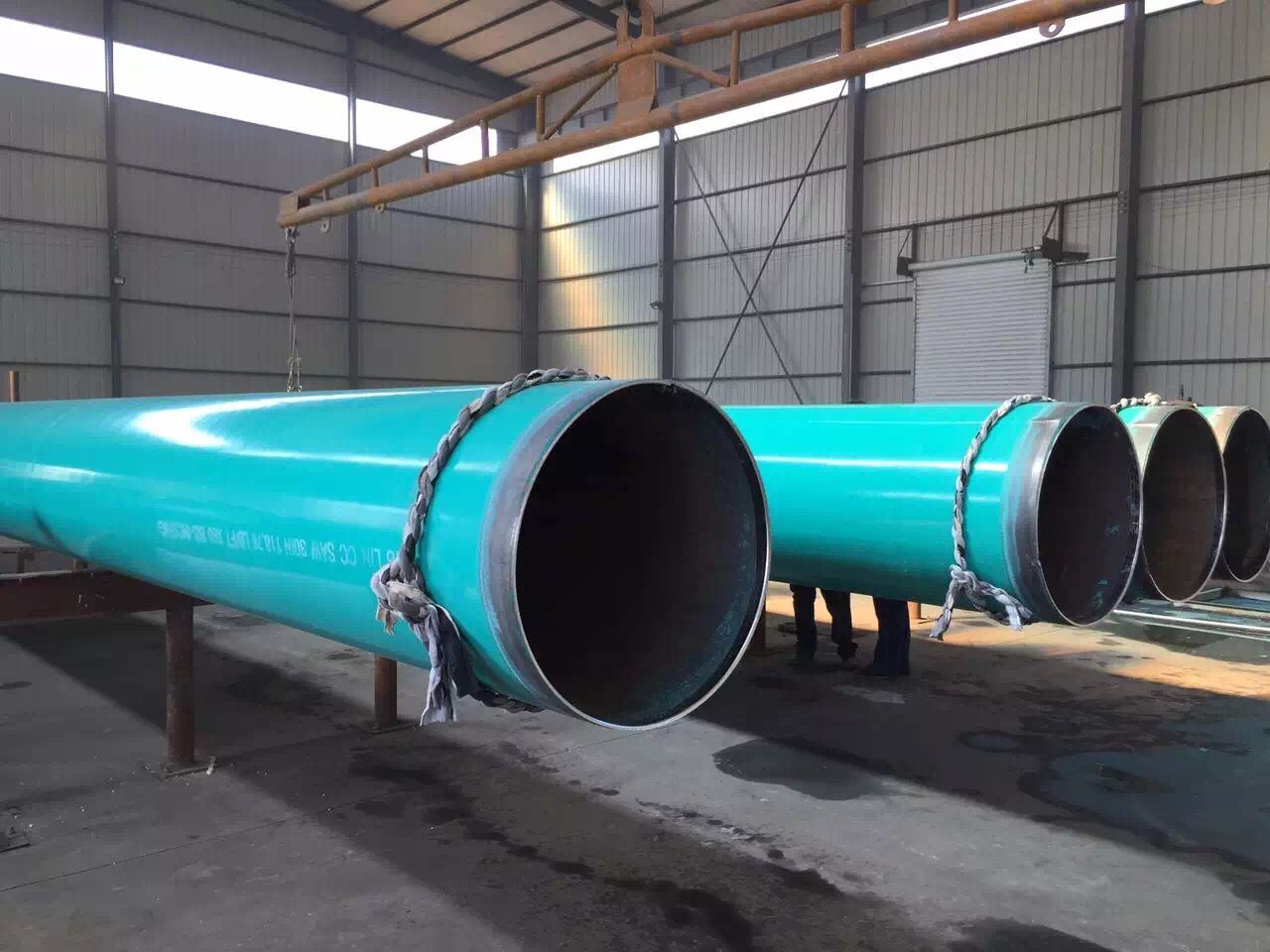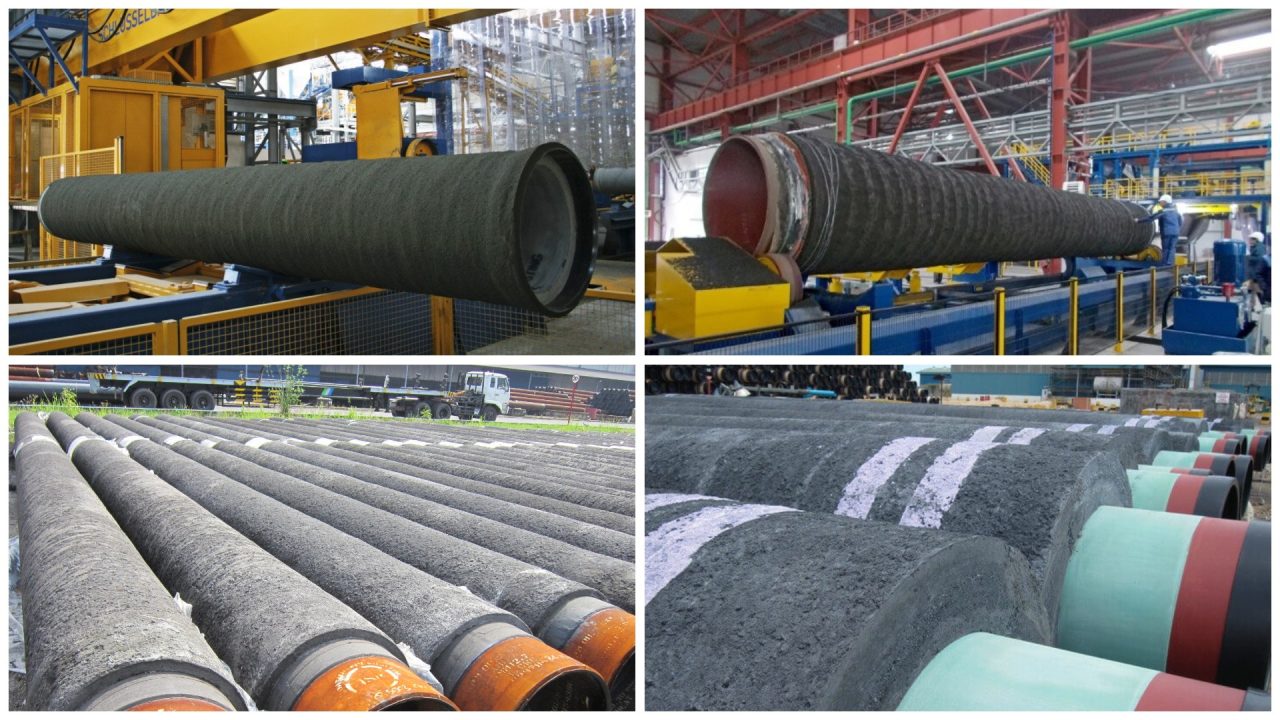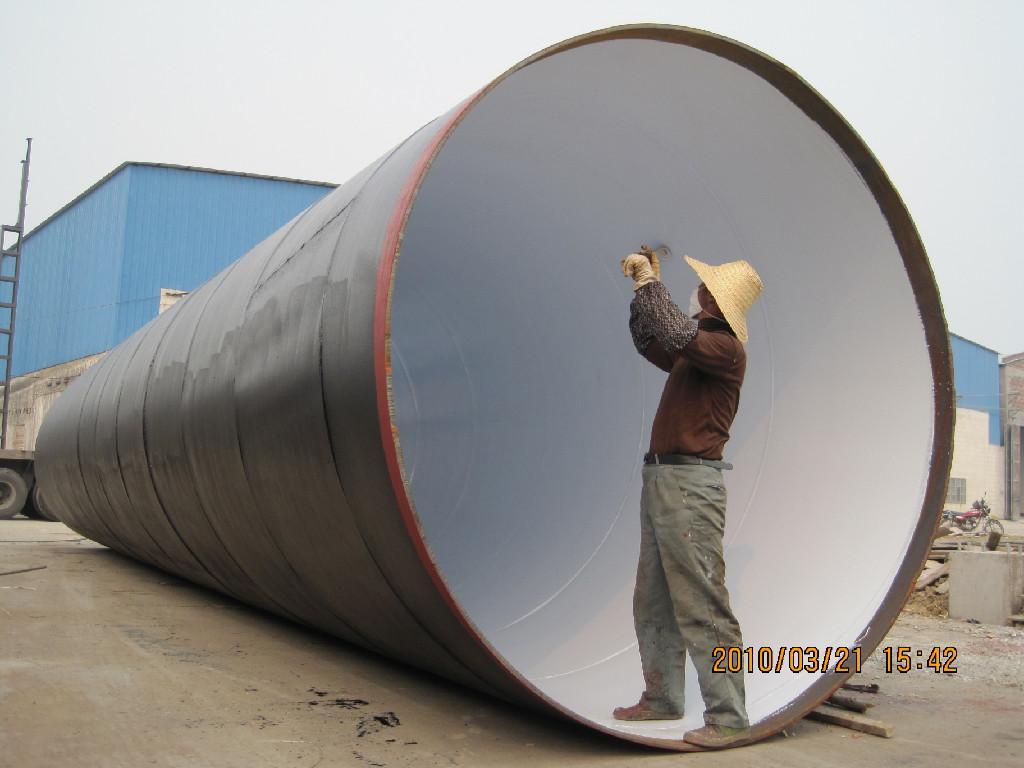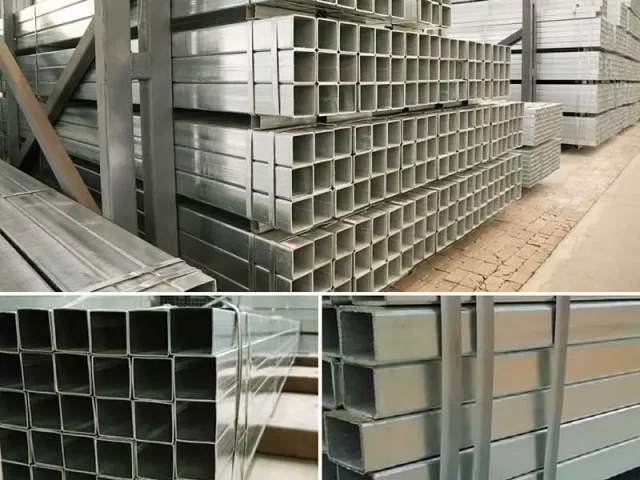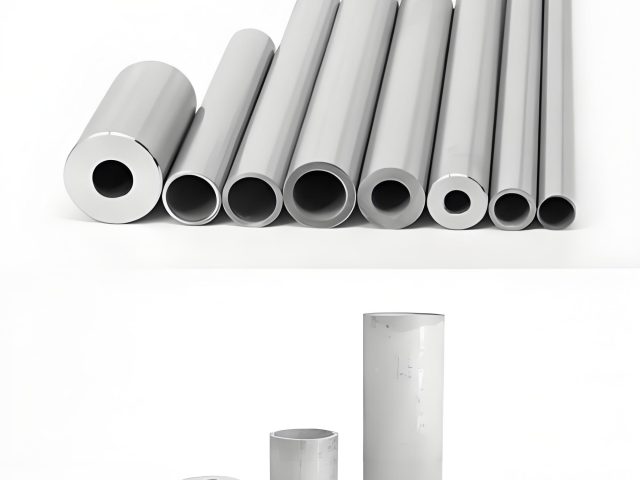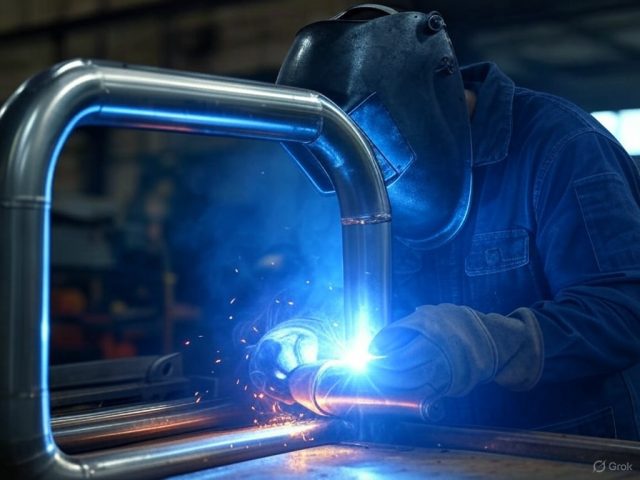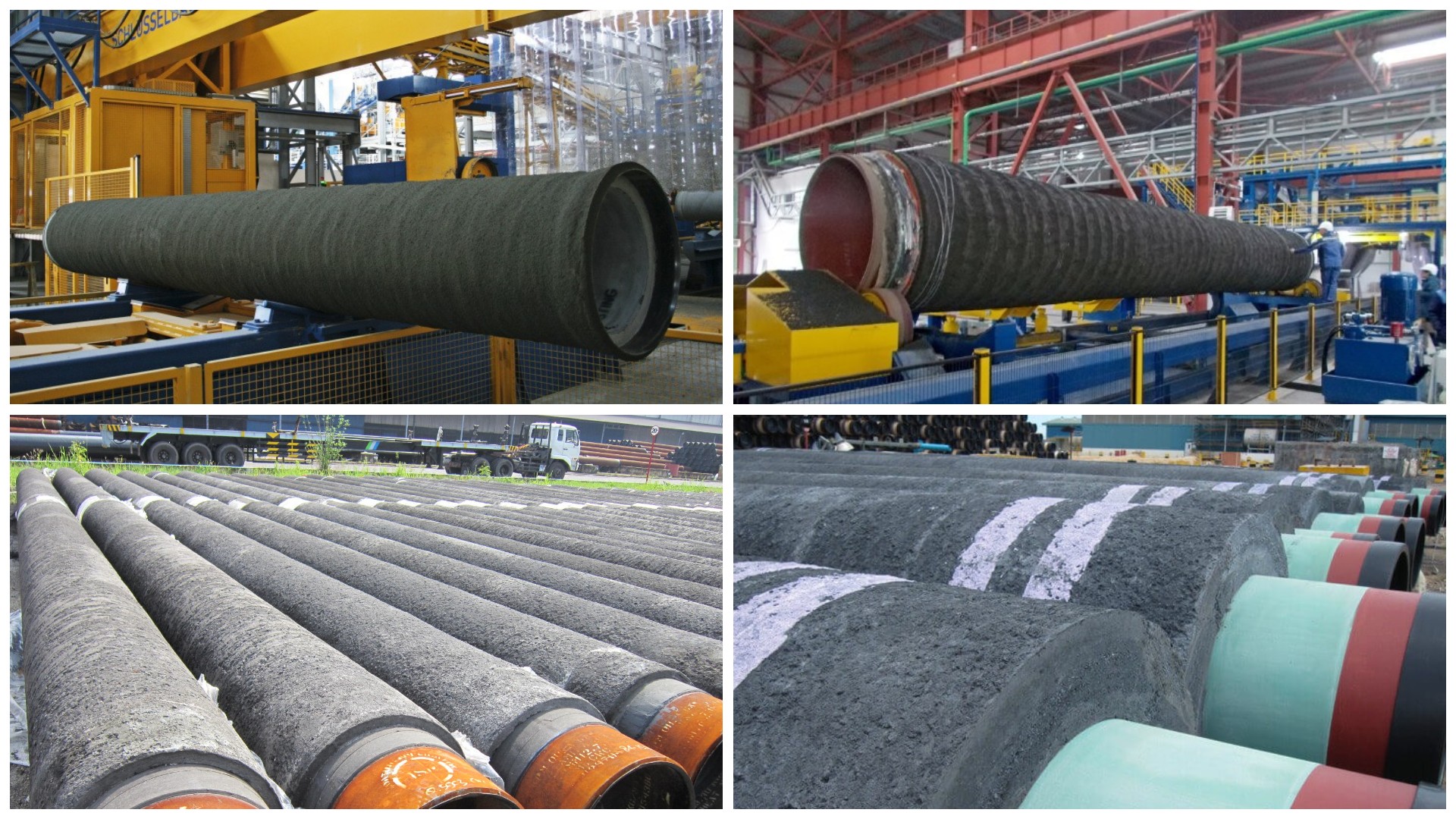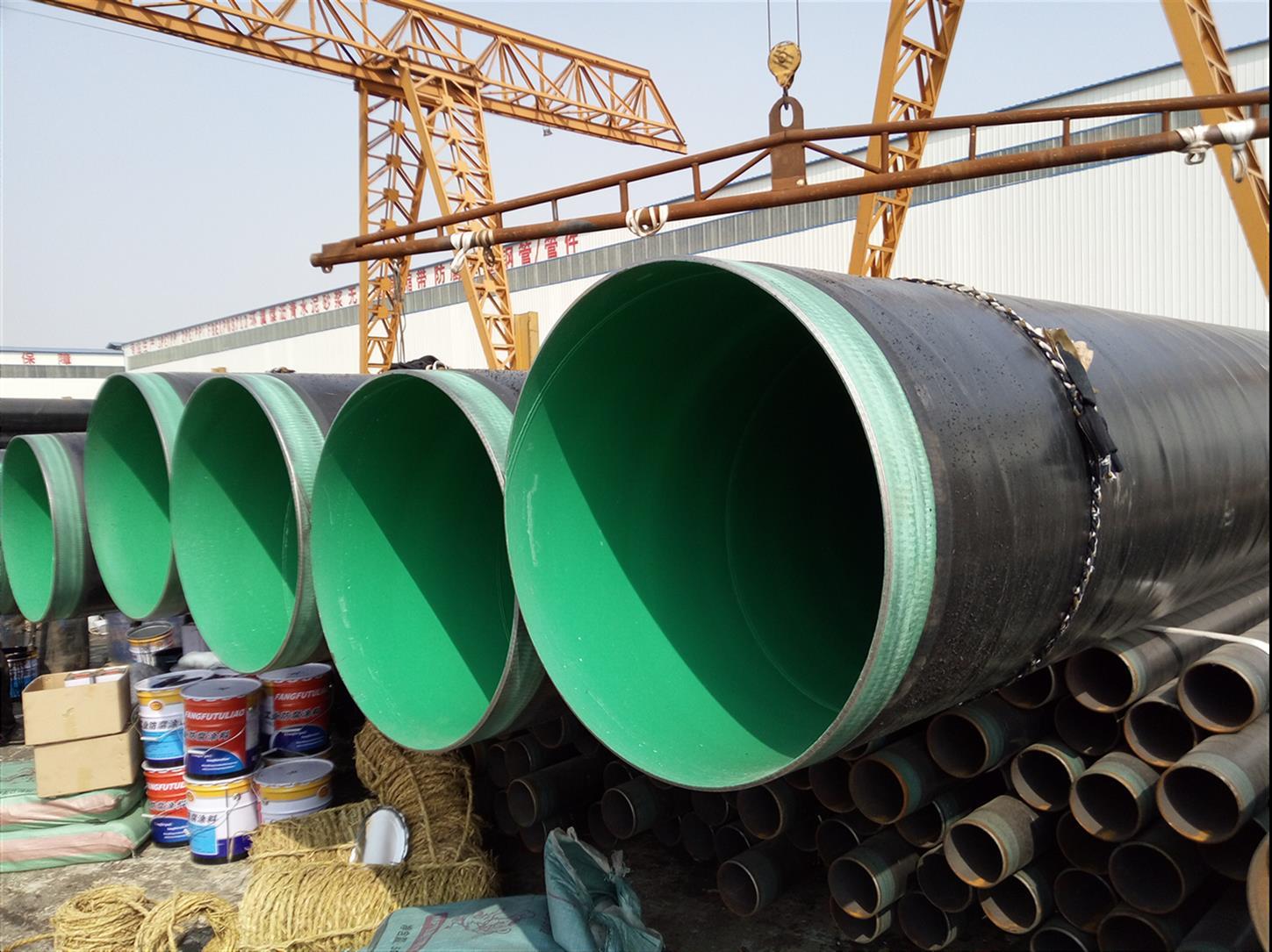La selezione del rivestimento del tubo appropriato prevede la considerazione dei requisiti specifici del progetto, comprese le condizioni ambientali, sollecitazioni meccaniche, e vincoli di bilancio. Ogni tipo di rivestimento offre vantaggi e svantaggi unici, rendendo essenziale valutarli nel contesto dell'applicazione prevista. Comprendendo le proprietà e i limiti di diversi rivestimenti, I decisori possono scegliere l'opzione migliore per garantire la longevità e l'affidabilità della loro infrastruttura di pipeline.
Pesa di rivestimento PE »acciaio inossidabile & Tubi in acciaio legato | 2Tubo rivestito in PE 3PE | Raccordi per tubi - Tecnologia delle condutture R&Fabbrica D
Esplora la guida completa al tubo HDPE saldato API 5L/5CT con flangia, coprendo le specifiche, materiali, vantaggi, e applicazioni nell'industria petrolifera e del gas.
Il nastro catrame di carbone di oggi è integrato, Prodotto realizzato in fabbrica facile da applicare, all'interno di una struttura di produzione di tubi o in un sito di progetto in cui vengono commissionati i tubi. Comprende un'anatomia a cinque strati in cui un tessuto in fibra di vetro ad alta tensione è inserito con catrame di carbone di alta qualità, Progettato con una sovrapposizione più spessa verso il lato del substrato del tubo per la fusione di calore sul substrato di acciaio innescato.
3I tubi in acciaio SSAW rivestiti LPE offrono una soluzione robusta per il trasporto di liquidi in ambienti difficili, Fornire un'eccellente protezione contro la corrosione e il danno meccanico. La loro durabilità, flessibilità, e il rapporto costo-efficacia li rende adatti a una vasta gamma di applicazioni, Dai condutture di petrolio e gas ai progetti di trasporto e infrastruttura dell'acqua. Per specifiche dettagliate, supporto tecnico, o per effettuare un ordine, Si prega di contattare il produttore o fare riferimento agli standard del settore pertinenti.
Conclusion 3PE anti-corrosion steel pipes are an excellent choice for applications requiring long-lasting protection against corrosion and mechanical damage. Il loro unico sistema di rivestimento a tre strati garantisce prestazioni superiori in ambienti impegnativi, rendendoli una soluzione preferita per petrolio e gas, fornitura d'acqua, lavorazione chimica, e altre applicazioni industriali. Investendo in tubi in acciaio rivestiti a 3 pepe, Le industrie possono ottenere una maggiore durata, costi di manutenzione ridotti, e una durata di servizio estesa per la loro infrastruttura critica.
AWWA C213, Rivestimenti e rivestimenti epossidici fusion-bonded per tubi e raccordi dell'acqua in acciaio
3PE, che sta per "polietilene a tre strati," è un rivestimento comune utilizzato per proteggere i tubi in acciaio dalla corrosione e prolungarne la durata, soprattutto nelle applicazioni in cui i tubi sono esposti ad ambienti difficili, come nell'industria petrolifera e del gas
Saldatura per fusione elettrica (Tubo in acciaio EFW) si riferisce ad una saldatura a fascio di elettroni, l'uso del movimento ad alta velocità dell'energia cinetica dell'impatto diretto del fascio di elettroni viene convertito per riscaldare il pezzo in lavorazione in modo che il pezzo lasci la massa fusa, la formazione della saldatura. Viene utilizzato principalmente per la saldatura di lamiere di acciaio dissimili o con elevata densità di potenza, la saldatura metallica può essere rapidamente riscaldata a temperature elevate, che può fondere qualsiasi metallo e lega refrattaria. Saldatura profonda e veloce, la zona influenzata dal calore è estremamente piccola, impatto così ridotto sulle prestazioni sulle articolazioni, l'articolazione quasi nessuna distorsione. Ma è necessaria una sala di saldatura speciale perché la saldatura avviene con raggi X.
Tipo di tubo: FBE (Fusion Bond epossidico) Tubo rivestito, Tubo in acciaio al carbonio con rivestimento epossidico,Tubo in polvere epossidica anticorrosione monostrato,Double Layer FBE Coating Pipes Application: Utilizzato per il gas naturale, petrolio, acqua & liquami, e sistemi di tubazioni
Il tubo in acciaio con rivestimento FBE è un tubo in acciaio con rivestimento epossidico legato per fusione. È un tipo di resina termica esterna utilizzata per i tubi. Con una forma di polvere secca a spessore 400-600 micron sulla superficie riscaldata del tubo. Una volta che l'FBE è stato rivestito sulla superficie del tubo,il film FBE fornisce una superficie estremamente dura con grande adesione alla superficie del tubo. Lo strato FBE ha una forma uniforme e ha una buona resistenza alla reazione chimica.
Un tubo rivestito di cemento, noto anche come tubo di rivestimento in calcestruzzo (Tubo CWC), è un tubo d'acciaio rivestito esternamente di cemento. Il rivestimento in calcestruzzo è costituito da una miscela di cemento, aggregati, rete in acciaio rinforzato, e acqua. Lo scopo di questo rivestimento è fornire una forte protezione dalle forze verso il basso o dalla galleggiabilità negativa per le tubazioni. Questi tubi sono comunemente usati nei sottomarini (sottomarino) condutture, poiché il rivestimento in calcestruzzo aggiunge il peso necessario per resistere alla pressione dell'acqua di mare.
La prevenzione della corrosione dei tubi si riferisce alle misure volte a rallentare o prevenire la corrosione e il deterioramento dei tubi sotto l'azione chimica o elettrochimica dei mezzi interni ed esterni o dalle attività metaboliche dei microrganismi.
Sede centrale
Siamo ovunque


